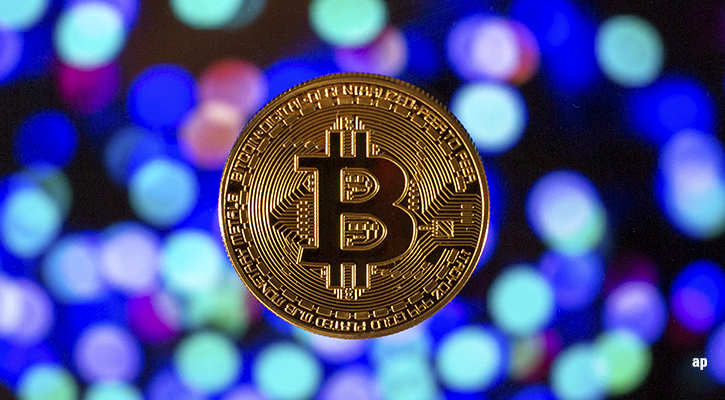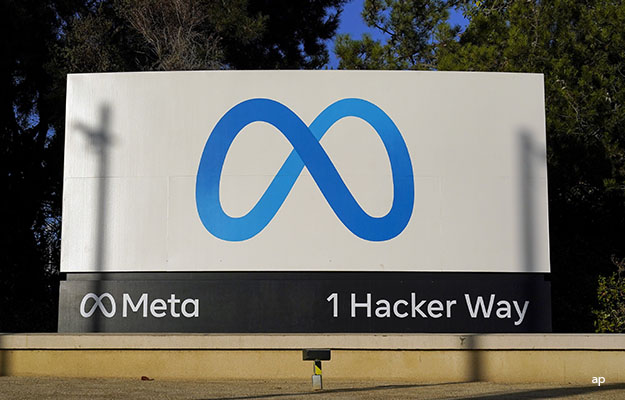
Pity the prognosticators. This time of the year the great and good are forced to predict the unpredictable in a bid to tame the chaos of geopolitics and global markets. We tried to summarise some of these in our special report week on 2024.
Being right is very profitable, and being right about unpredictable events is even more so. That's why the news agenda always manages to surprise money managers and journalists.
Too many of the asset managers' forecasts this year tell us to look for the "black swans" we should look for; but as Nassim Nicholas Taleb would say, these are events we don't foresee.
"Hunting the black swans is a fool’s game, because rare and catastrophic outlier events are unpredictable," Morningstar Investment Management experts wrote in their 2024 outlook.
In fairness to investment banks and brokers, they are starting to keep scores rather than pretend their forecasts last year didn't happen. Professionals should have a better track record than the rest of us, but they rarely have 100% records.
Broker Liberum even addressed this in their 2023 review: "looking back to 2020 when we started this exercise in public self-flagellation (aka performance reviews), our hit ratio is averaging a very respectable 63%."
All that said, sometimes it's the things that don’t happen that can surprise. These are less dramatic than unexpected events, of course, but still have a substantial market impact. But on the flipside, investors have enough to worry about – the "wall of worry" is high enough without building another layer of bricks.
Bitcoin Didn't Collapse
Those who remember the dotcom boom at the start of the new millennium will recall how it felt like that bull market would never end. But when it did the capitulation was mighty, with billions wiped off stock market valuations. No one could imagine that "internet" companies could ever be popular again. It's taken 10 to 20 years to rebuild that sentiment and wipe the slate clean. The time in the wilderness was a long and lonely one for tech companies, but they've regained prime position.
It felt like the great capitulation for Bitcoin, and by extension the crypto industry, at the end of last year. The Economist ran a cover in November 2022 headed "Crypto's Downfall" and FTX's Sam Bankman-Fried was arrested in December that year. In the US, the Securities & Exchange Commission went on a war footing against the crypto industry.
Fast forward a year and SBF is now in jail (though for how long remains unclear), and the other crypto mogul, Binance's Changpeng Zhao (CZ) has resigned and is awaiting sentencing for money laundering violations.
Somewhat counterintuitively, price of Bitcoin has risen $27,000 (£21,197) this year, or 162%, to $43,000. The background has been a return of risk appetite among investors generally, talk of a Bitcoin exchange-traded fund in the US and the growing sense that regulators would rather have the industry inside the proverbial tent. Regulators love to regulate, even though the UK's financial watchdog is still insisting crypto is a mixture of scam and gambling (#scambling).
As AJ Bell's head of investment analysis Laith Khalaf points out, increased regulation may be a positive for crypto, "potentially opening up fresh pools of capital and fostering greater confidence amongst consumers".
He adds other fundamental factors may be at work in the recent bull run, including a "halving" this year in the amount of coins mined. He senses we're on the brink of another one of those media-fuelled crypto frenzies, but warns investors about the dangers of plunging in at this point.
"In the long run the widespread adoption of crypto as either an asset or a currency is still highly speculative, and as a result prices can be expected to remain incredibly volatile and heavily influenced by sentiment," he says.
Where will the Bitcoin price be this time next year? With the proverbial gun to my head, I would guess higher but I wouldn't have the courage to put my own money behind that. I felt the same last year, of course, when Bitcoin had dropped below $20,000!
The U.K. Government Just About Avoided Implosion
In our look at some of 2023's mad financial numbers, we noted a 66% decline in U.K. prime ministers this year, a figure so stark thanks in part to the political chaos of 2022, but also 2023's relative stability. But the word "relative" does a lot of heavy lifting there.
This year the government still found itself in repeated scandals over everything from immigration to environmental policy. The reshuffles went smoothly enough, but there is now every sense the Conservative Party is no longer an organisation of centre. The sands of politics are now shifting once more, as evidenced by this year's bruising by-election results. How much remains to be seen at the ballot box.
Moreover, despite managing to fulfil his pledge to halve inflation by the end of the year, Rishi Sunak failed to go a year in office without facing the threat of being unseated by plotters from his own party. Perhaps this year the prime minister will be counting his lucky stars it wasn't a lot worse. Still, there's always next year, when an election will likely provide more high drama. With the clock ticking, it's when, not if.
China Didn't Invade Taiwan. Why?
At a financial crime conference in London earlier in 2023, various risk managers and regulators were keen to suggest that this time they'd be ready for an incursion by a foreign power into sovereign territory. Having been blindsided by Mr. Putin in February 2022, they weren't going to be surprised again. Attention turned further east.
China's invasion of Taiwan was believed to be imminent – my Asia colleagues remind me this has been "imminent" for decades, it's just the West has only just paid attention. So a "grey list" of Chinese companies was already being drawn up for sanctions. 2023 fortunately didn't see this threat materialise.
Sadly, as problems tend to multiply rather halve or disappear, the world now has two seemingly intractable regional conflicts to handle as the year draws to a close. Can it handle three? Trump's possible comeback may be an added risk factor here, given his shall-we-say unconventional approach to international relations.
The investment bank outlooks we looked at were not exactly keen to mention this directly, preferring to highlight "geopolitical tensions" and "U.S.-China relations" over what many see as the insanity of a repeat of 2016-2020.
Ron Temple, chief market strategist at Lazards, is an exception, suggesting this risk is very much a live one. But he notes February's elections in Taiwan could be a turning point.
"As China;s military increasingly agitates the island state and other neighbors in the South China Sea, support for arming and defending Taiwan has increased in the United States," he notes.
"One key risk in the region is that China has to date refused to establish military hotlines or other measures to avoid escalation, as the Chinese leadership fears that facilitating such communication almost encourages future US.. intervention.
"As such, the world will watch the results of the February Taiwanese elections carefully for signs of whether the situation might escalate further, or head in a more benign direction."
For those who play the board game Risk at Christmas rather than Monopoly, what would you (as China) do next? It could perceive the U.S. is distracted with the Israel-Hamas conflict, or calls from Ukraine to keep supporting its efforts against Russia.
On the other hand, relations between the U.S. and China seem to be on a level after a meeting between Joe Biden and Xi Jinping in November. For now, you could be forgiven for thinking this issue is at best in an importance lull, though that would of course be famous last words. To the Taiwanese, the worst-case scenario still feels very real.




















